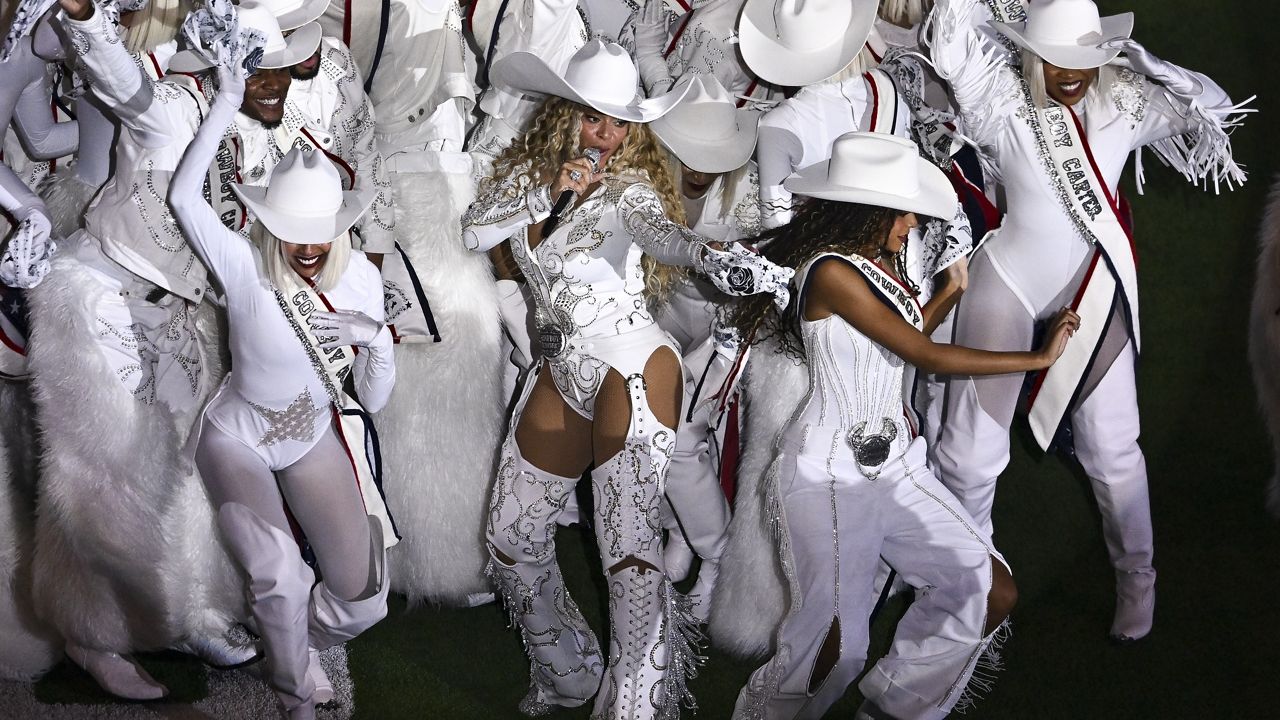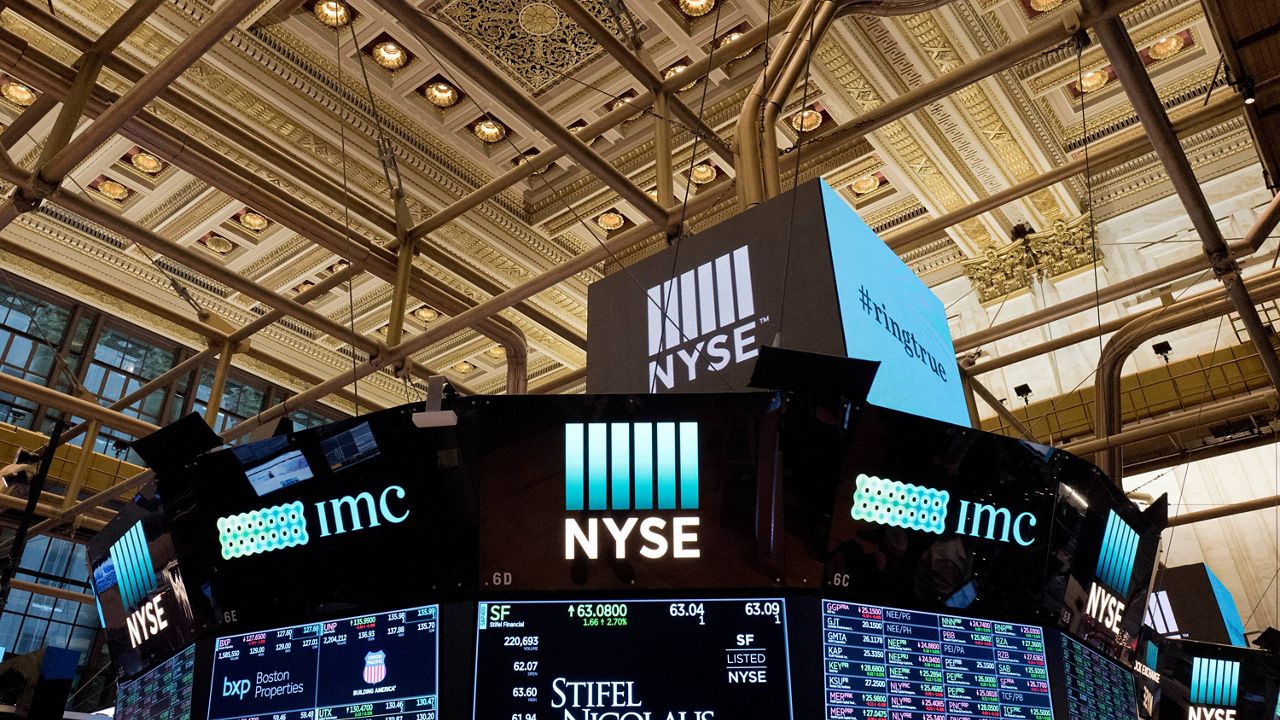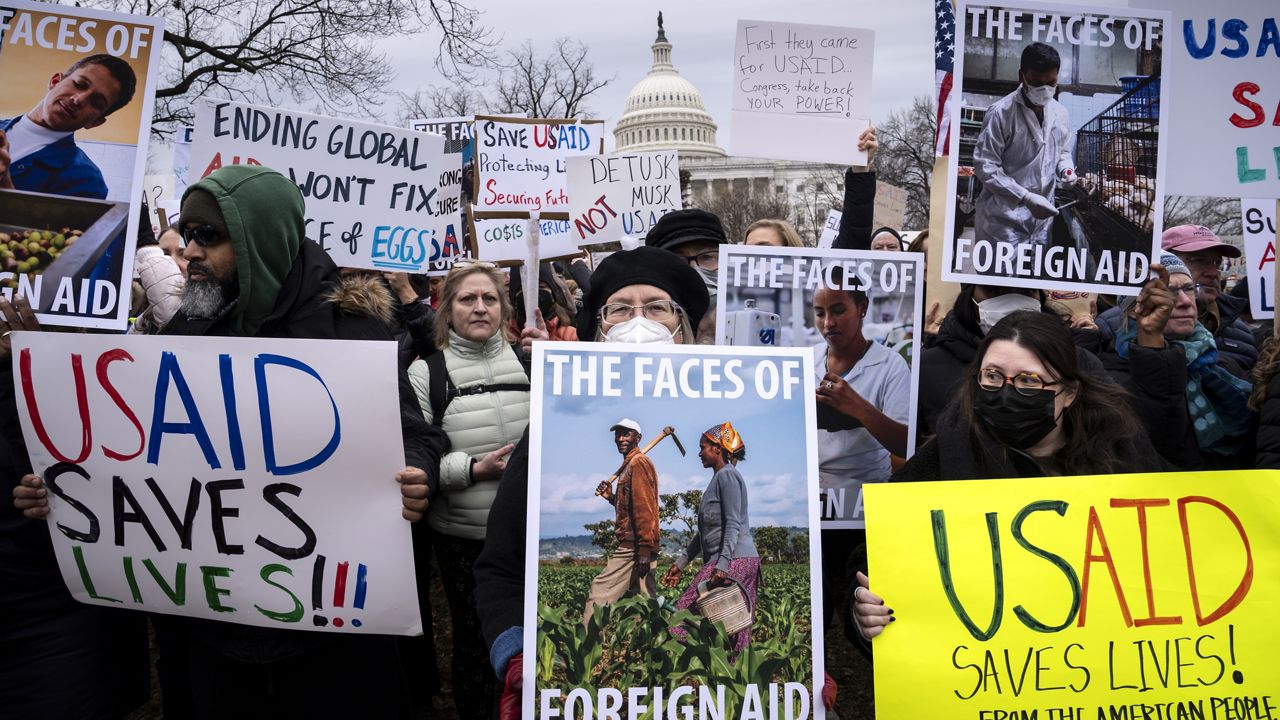BASTROP COUNTY, Texas — Elusive and endangered, the Houston Toad is the so-called canary in the coal mine - an indicator of the state of our environment.
"The Houston toad is the strongest ally to maintain a natural look in Bastrop country and the reason many of its citizens moved here," said Mike Forstner, a biology professor at Texas State University.
However, the species in weak in numbers; there are fewer than 1000 adult Houston toads statewide.
“The vast majority of our wild lands are privately owned so whenever we have a species that’s critically in peril like the Houston Toad, it’s very important that we get landowner participation,” said Paige Najvar, a biologist with the U.S. Fish & Wildlife Service.
On Wednesday, U.S. Fish & Wildlife Service, Texas Parks and Wildlife Department, Bastrop County, the Houston Zoo, Texas State University, nonprofit groups and other partners announced a Safe Harbor Agreement to encourage private landowners across nine counties to implement conservation activities.
The Texas counties include Austin, Bastrop, Burleson, Colorado, Lavaca, Lee, Leon, Milam and Robertson.
"It provides incentives by reducing their risk of liability under the Endangered Species Act," said Meredith Longoria, the nongame and rare species leader for TPWD.
Normally endangered species are closely guarded, and there are legal consequences when they're injured or killed. But, under this agreement, landowners helping build a home for the Houston toad and other wildlife would have some protection in case of accidents.
Roxanne Hernandez, the owner of 53-acre Bastrop County ranch, was the first to sign up. But long before the incentive, she and her husband, Elvis, took action. It’s in their nature.
“We have a responsibility to be good stewards of whatever patch of land, you know, we’re fortunate enough to have,” she said.
Since 2004, the ranch owners have taken steps like prescribed burns, pine reforestation and native planting. More than 10 years later, they ranch are seeing increased plant diversity which biologists said creates a healthy environment for wildlife.
"What the Hernandezes have done on the property is restore native grassland, they’ve acted to create habitat adjacent to the pond and they’ve also restored the uplands so that it supports both juveniles and adults by having enough canopy and enough open," Forstner said. "It’s a 'Goldilocks' spot."
But creating an environment that was just right involved intense labor, but Hernandez said her commitment to conservation for future generations.
“Everything is connected it’s a web and so if you start snipping strands from that web, it's eventually going to fall apart,” she said.
Interested landowners may contact Meredith Longoria at TPWD at meredith.longoria@tpwd.texas.gov or 512-389-4410, or go to the U.S. Fish & Wildlife Service's website for more information.








